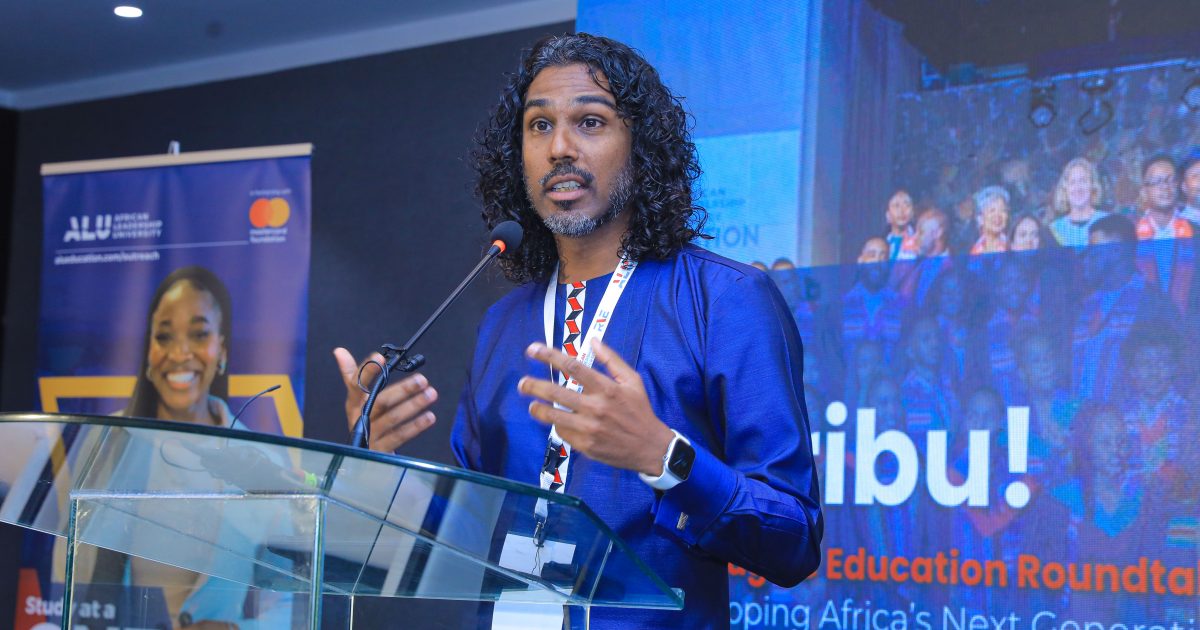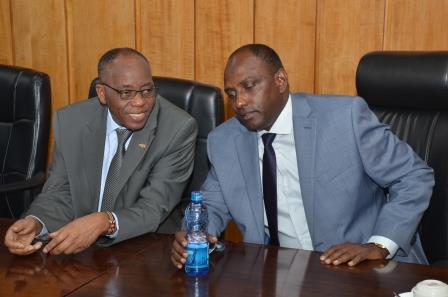Stakeholders in the education sector have called for the reinvention of learning models in Africa’s educational institutions.
The stakeholders who included university leaders, secondary and primary school educators, parents and guardians said reinvention is necessary as it will make the continent produce quality graduates fit for the ever-changing and unpredictable labour markets.
Speaking during the ReImagine Education Roundtable organized by the Africa Leadership University (ALU) in Nairobi, the stakeholders agreed unanimously that in the digital age, Africa needs graduates who can provide solutions to the continent’s challenges and as a consequence, create opportunities they seek.
The roundtable discussions themed ‘Developing Africa’s Next Generation of Leaders’ are expected to impact the future of education in Africa.

The stakeholders commended Kenya’s Ministry of Education reforms of the Competence Based Curriculum (CBC), which seeks to offer education that will produce graduates with competencies, skills and knowledge vital for work life in the competitive world.
Speaking at the event, Elizabeth Otieno, Deputy Director at the Ministry of Education who lauded the CBC curriculum called upon stakeholders to increase the scope of reaching out many African students and equip them with skills required in the modern world.
“The CBC is capable of equipping learners with competencies such as communication skills, which can help them network and express themselves and what they are doing,” said Ms. Otieno.
“It prepares learners with the 21st-century skills to solve problems in our society, and we look forward to industrializing out of our education system,” she added.
In his remarks, Veda Sunassee, Chief Executive Officer of the ALU, echoed Kenya’s education sector sentiments that there is a need to reimagine education that aligns with the needs of the changing world and Africa with a focus on 21st-century competencies.
“Education is one of the critical sectors that need reforms, and it is imperative, especially in the African context. It’s time for us to look at models that incorporate more of our indigenous education, which prepare us to leapfrog the continent’s economic development and prosperity that it has not seen for a very long time,” said Mr. Sunassee.
“With a median age of 19.7 out of a population of about 1.2 billion people in Africa, we’ve got a lot of people in need of higher education. There is a need for African Centric education to meet the needs of Africans,” he added.
Speaking at the event, Prof. Joachim Osur, Vice Chancellor of Amref International University, called upon collaboration from all sectors to create strategies that will produce workers who are highly literate and skilled in disruptive models to fit in the knowledge economy.
During the event, educators were introduced to ALU’s innovative learning model, which offers a blueprint for African higher learning institutions to nurture practical skills and outcomes among students.
The ReImagine Education Conference has a history of catalyzing meaningful change across various African countries in the higher education sector.
By Bernadette Khaduli




